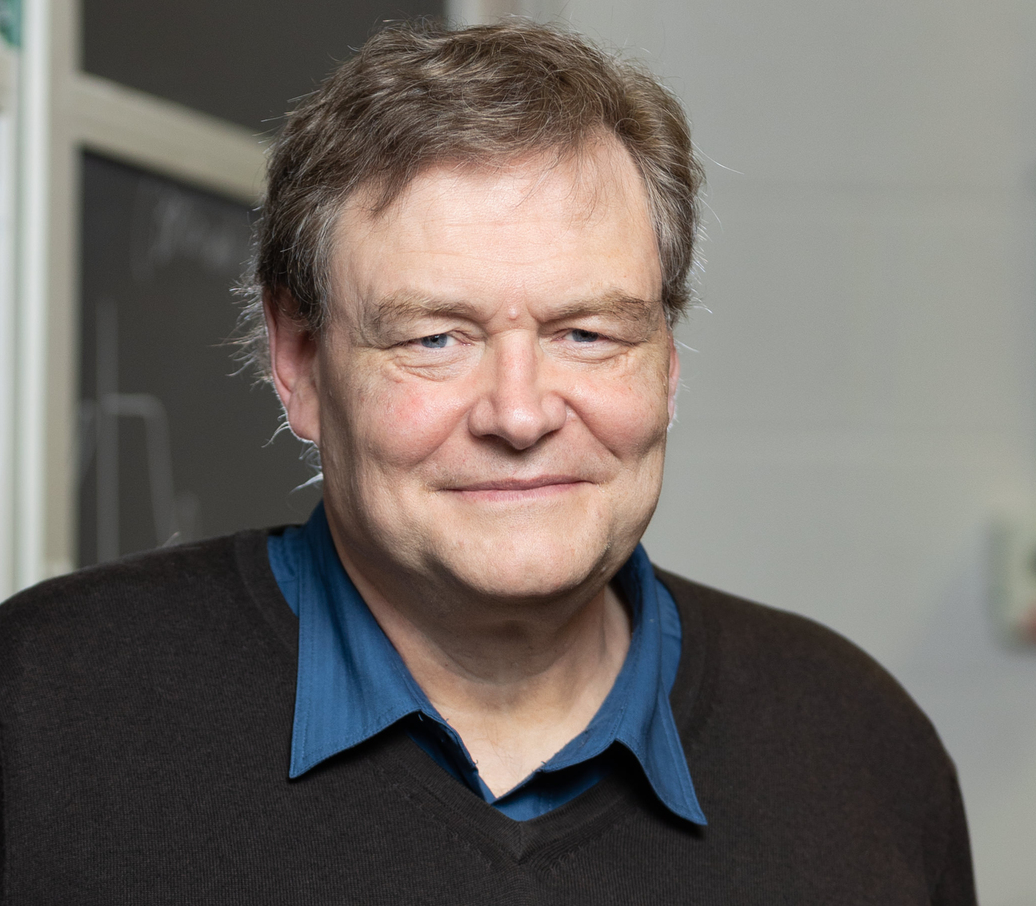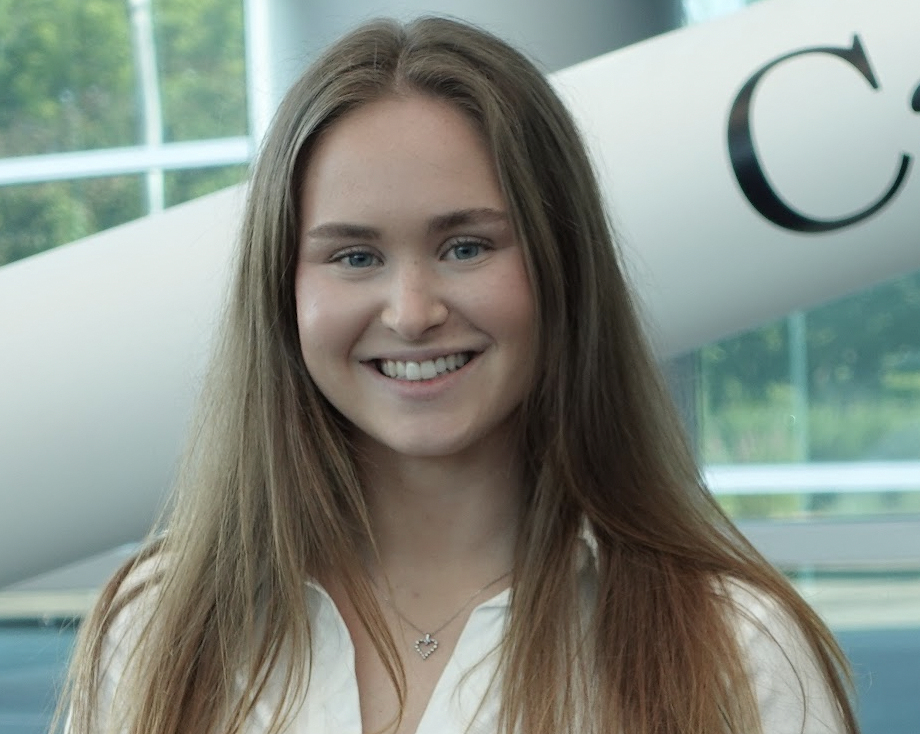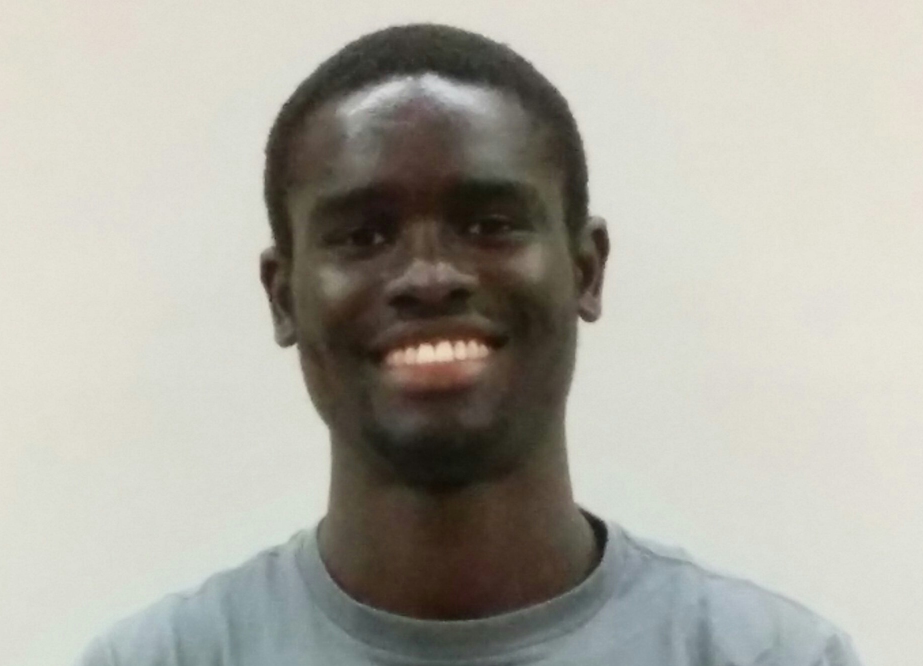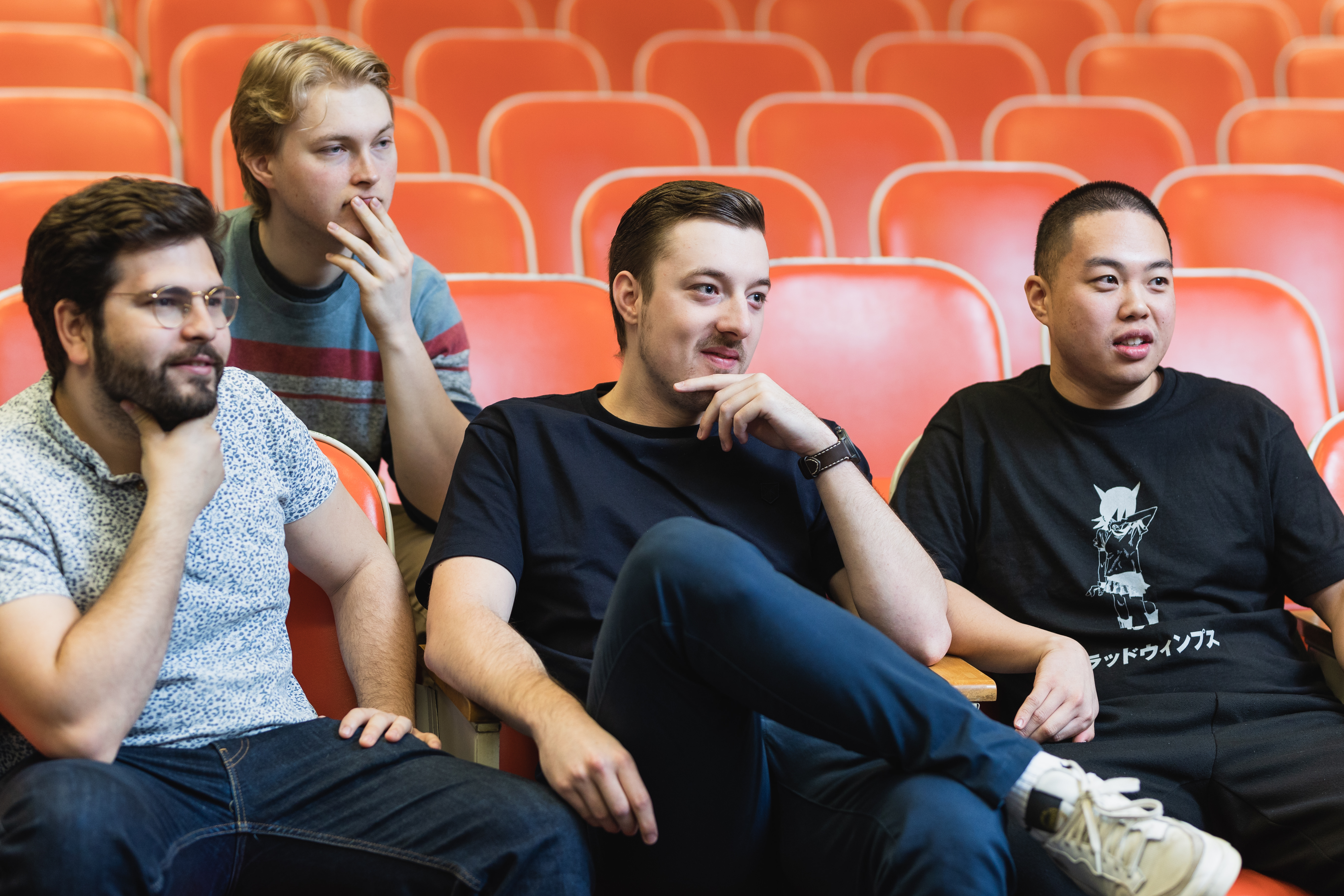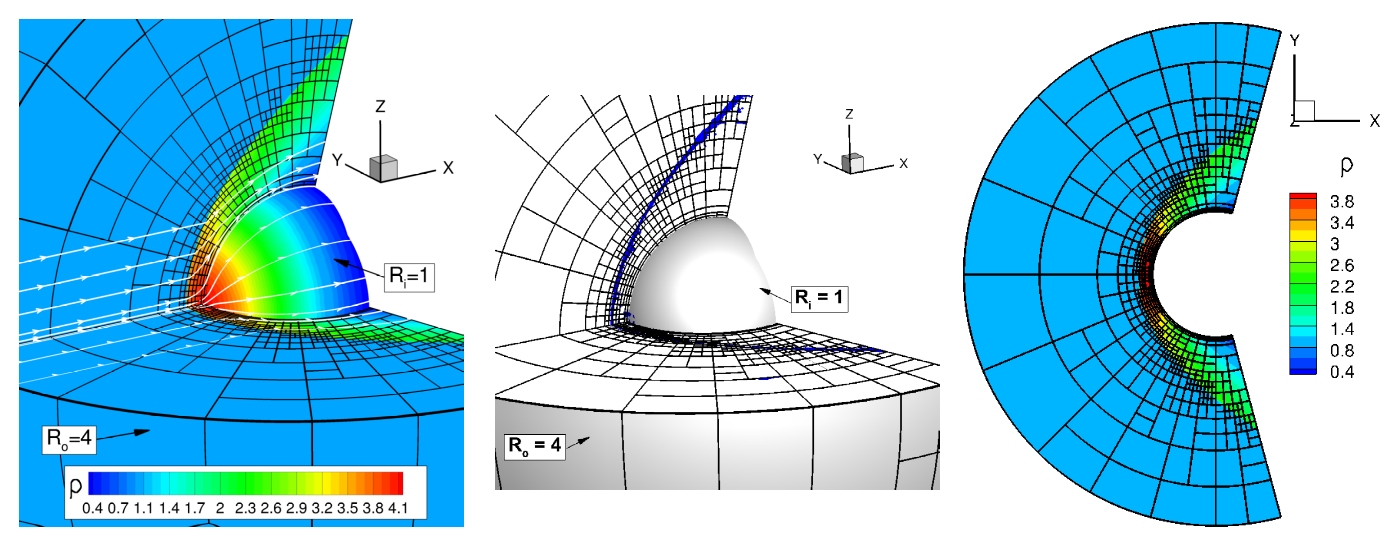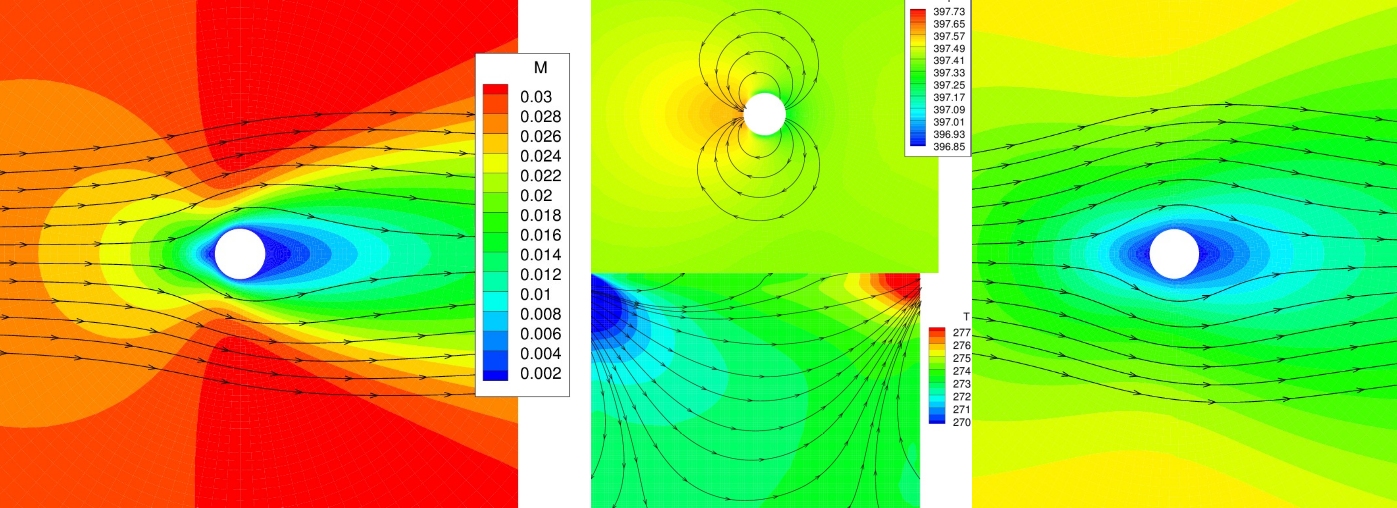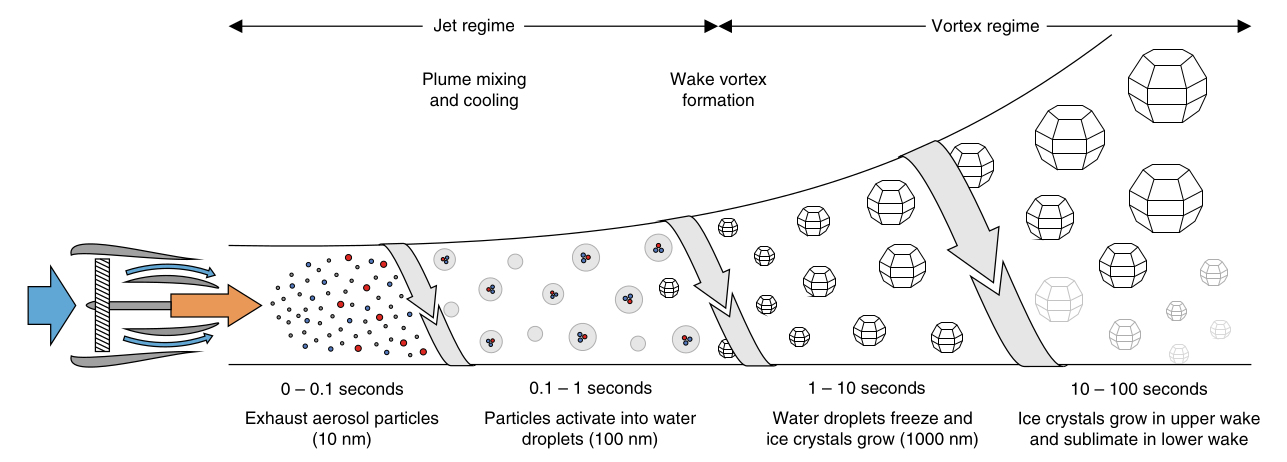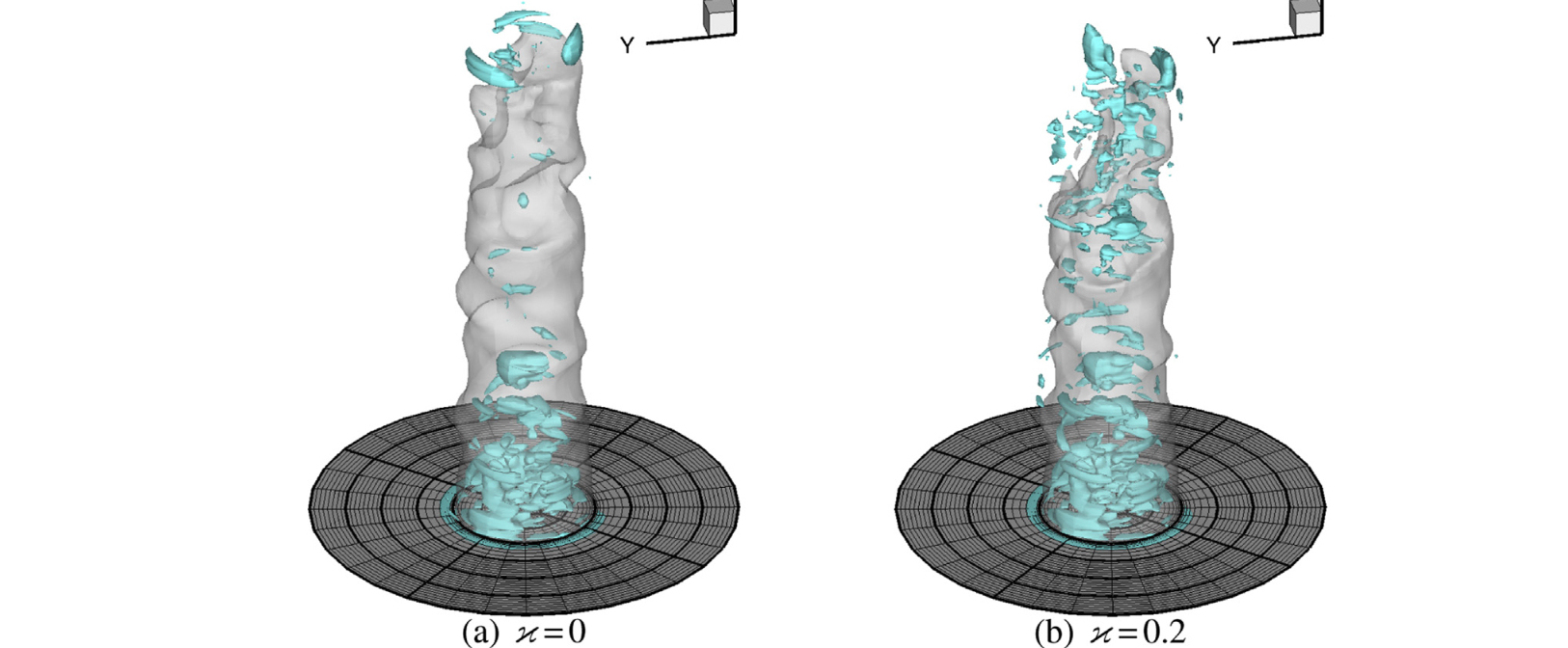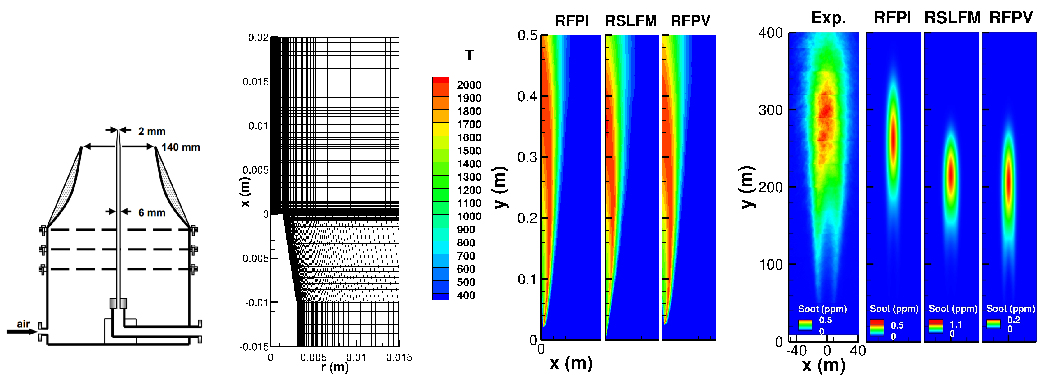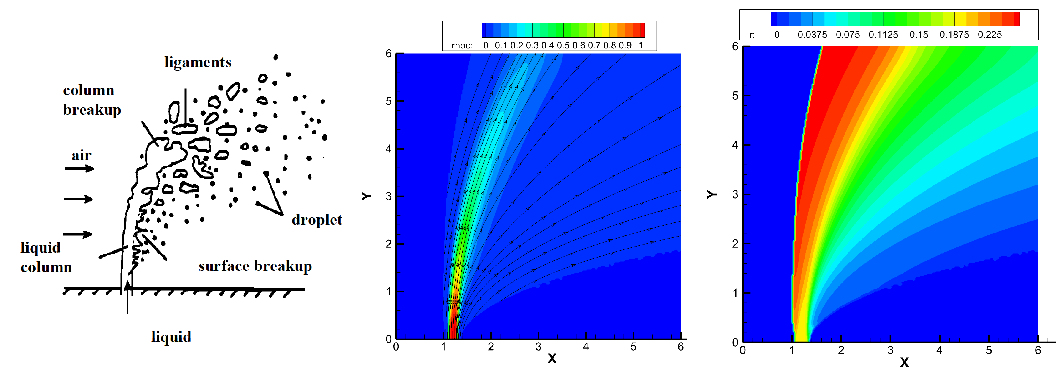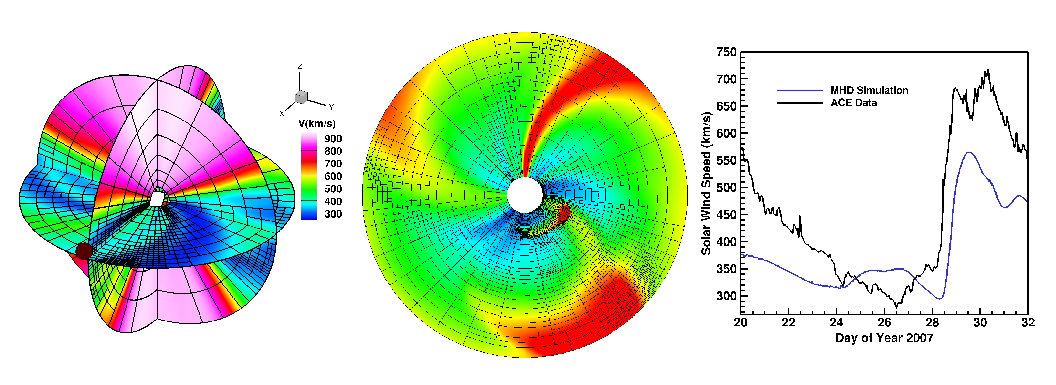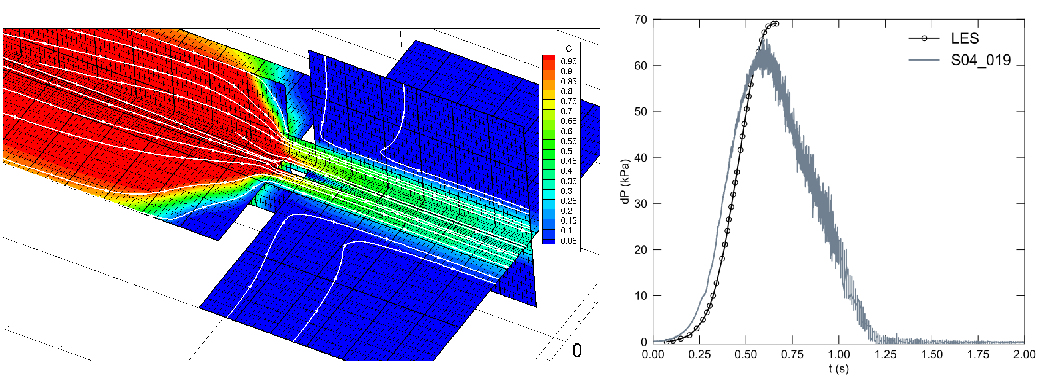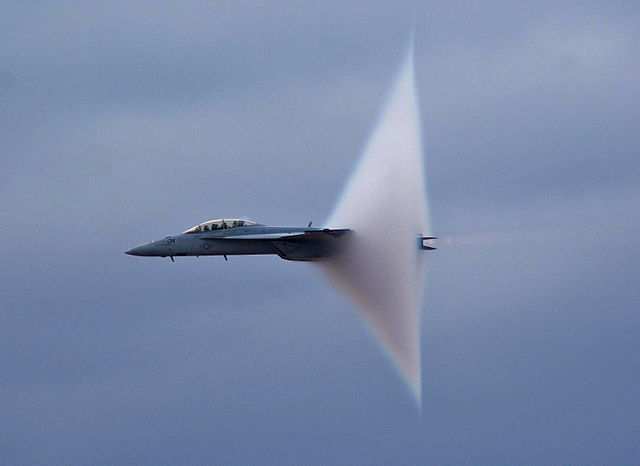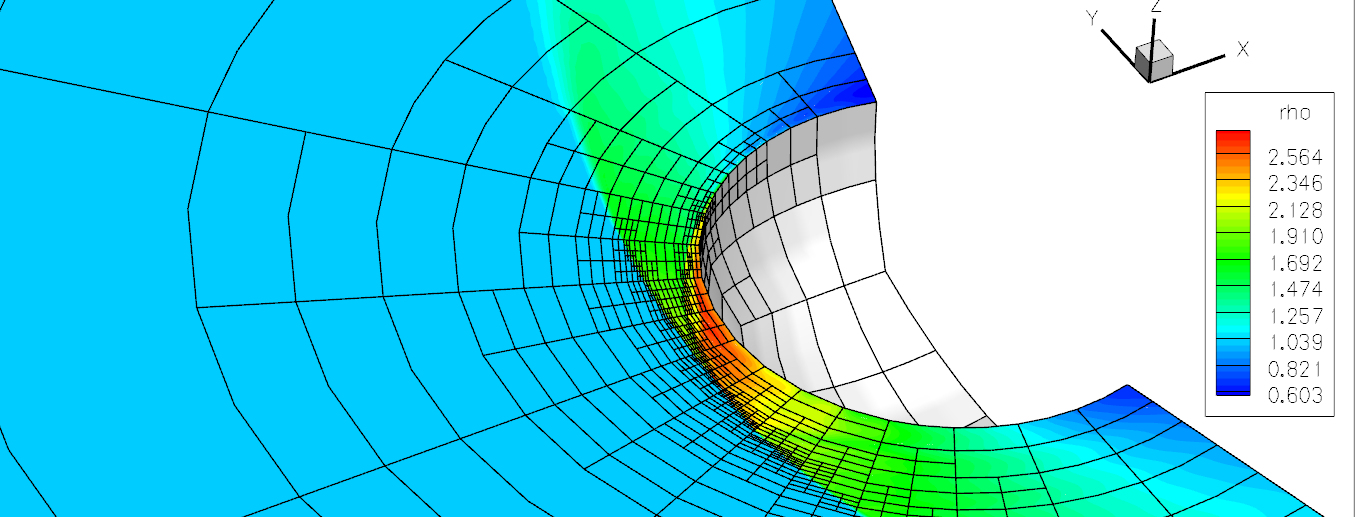Prof. Groth heads the CFD and Propulsion group at UTIAS.
He is a theoretical and computational fluid dynamicist with expertise
in high-performance computing/parallel algorithm design, adaptive mesh
refinement (AMR), and finite-volume schemes for both compressible non-reacting
and reactive flows. He also has expertise in the computation of non-equilibrium,
rarefied, and magnetized flows, and the development of generalized transport
models and solution methods following from kinetic theory. His numerical
method research currently focuses on output-based anisotropic AMR for both
steady and unsteady flows, high-order spatial and temporal discretization
methods for flows with shocks, complexity reduction via moment closure methods,
and data assimilation methods for performing data-driven simulations. He is
currently pioneering the development and application of high-order and AMR methods for
high-speed compressible flows of gases and plasmas, as well as reactive flows,
and the formulation of accurate and robust moment closure techniques for
describing a range of micro-physical transport phenomena in non-equilibrium,
rarefied gases flows, as well as multi-phase flows associated with liquid fuel
atomization and soot formation gas-turbine engines. He is also involved
in fundamental numerical studies of laminar flames and the development of
reliable and robust numerical techniques for performing large-eddy simulations
(LES) of turbulent reactive flows. He has extensive experience in the
simulation of gas-turbine combustor flows under high-pressure conditions
through collaborative research efforts with industry partners,
including Pratt & Whitney Canada, a leading manufacturer of aviation gas turbine
engines.
Prof. Bart Ripperda of the Canadian Institute for Theoretical Astrophysics (CITA) and
Prof. Groth were recent recipients of a
2024-2026 XSeed Funding Grant from the University of Toronto to develop a new and powerful
GPU-Accelerated Radiative General
Relativistic Magnetohydrodynamics Toolkit on Cubed-Sphere Meshes for Plasma-Astrophysics
for studying radiation from astrophysical systems. Please see the link
found
here for further details.
Prof. Groth was co-chair of the recent joint conference of the
Canadian Society for Mechanical Engineers (CSME) and the CFD Society of Canada (CFDSC),
CSME/CFD2024
held at the University of Toronto in Toronto, Ontario from May 26-29, 2024.
Please see the link found here for further
details. The CFD portion of the symposia represented the 31st Annual Conference of
the CFD Society of Canada.
Prof. Groth gave an invited lecture on Maximum-Entropy Moment Methods
as part of the von Karman Institute (VKI) Lecture Series on
Advanced Computational Fluid Dynamics Methods for Hypersonic Flows (VKI-STO Lecture Series AVT-358)
co-sponsored by VKI and the NATO Science and Technology Organization (STO)
and held at VKI in Belgium from March 25-29, 2024.
Prof. Groth was a member of the Scientific Committee for the
International Workshop on Moment Methods in Kinetic Theory IV
held at the Karlsruhe Institute of Technology in Karlsruhe, Germany
from April 11-14, 2023. Please see the link found
here for further details.
Prof. Groth was awarded a
Gaspard Monge Visiting Professorship by École Polytechnique in Paris for 2020.
The program is aimed at internationally renowned
researchers and generally senior experts or brilliant young scientists recognized internationally
as leaders or future leaders in their scientific field.
